|
The 2024 Chicago Auto Show at McCormick Place in Chicago, the United States. (Photo: Xinhua) |
"We will impose a 25% tax on all cars not made in the United States" - US President Donald Trump 's statement at an event in the Oval Office on March 26 (local time) has realized his long-standing commitment to domestic voters.
The new policy will apply to all foreign-made cars and trucks and is expected to bring in more than $100 billion a year to the federal budget, according to White House Secretary Will Scharf.
Once a symbol of American industrial might , the US auto industry has been gradually weakened by competition from Japan, South Korea and, more recently, China. The new tariffs are not only aimed at protecting “big guys” like Ford or GM, but are also seen as a lever to re-promote domestic production.
This is also part of the Trump 2.0 administration's efforts to revive manufacturing, assert economic sovereignty, and reduce dependence on global supply chains.
|
Port of Los Angeles, California, USA. (Photo: Xinhua) |
In a newly released industry analysis report, Tokyo-based Monex Financial Group said that the recent US tariffs on imported steel and aluminum, which took effect on March 12, have begun to disrupt global supply chains and trade flows. The addition of a 25% tariff on cars is expected to have a major impact on prices and supply. Industry forecasts show that the new tariffs could increase the average price of each car in the US by up to $3,000, leading to a decline in overall market sales in 2025.
Canada, one of the largest auto suppliers to the United States, is considering stronger countermeasures. Prime Minister Mark Carney’s government is considering various options to retaliate against the tariffs from the United States, Xinhua news agency reported, citing Canadian media. Speaking on the campaign trail, Mr. Carney called the new tariffs a “direct attack” on Canadian workers, regardless of how they are implemented.
|
Canadian Prime Minister Mark Carney (Photo: Xinhua) |
He previously announced a $2 billion CAD ($1.4 billion) strategic response fund to support the domestic auto industry. The money will be used to improve competitiveness, protect jobs, train workers and build a strong domestic supply chain. According to domestic media, Mr. Carney also pledged to prioritize the use of Canadian-made cars if elected in the April 28 election.
In Europe, European Commission President Ursula von der Leyen expressed "deep regret" at the US decision to impose tariffs.
“ The automotive industry is a driver of innovation, a central driver of competitiveness and the creation of high-quality jobs. The transatlantic supply chain is deeply integrated ,” she said in an official statement.
|
European Commission President Ursula von der Leyen. (Photo: Xinhua) |
President Ursula von der Leyen also warned that the new tariffs would not only hurt businesses but would also be “worse for consumers” in both the US and the European Union (EU). The EU affirmed that it would continue to seek solutions through dialogue, while protecting its economic interests.
On the expert side, Professor Holger Goerg, an international economist at Kiel University (Germany), said that the US economy will be the one most heavily affected by these new tax policies. According to him, tariffs cause inflation to increase and reduce competitiveness, while signs of weakness in the US economy are gradually becoming apparent, such as rising prices and a falling stock market.
Immediately after the announcement of the tariffs, shares of many US-listed automakers fell across the board. Investors feared a new shock to the auto industry, which has already been shaken by Mr. Trump’s trade policies.
Source: https://nhandan.vn/lan-song-phan-ung-sau-quyet-dinh-ap-thue-o-to-nhap-khau-cua-my-post868166.html


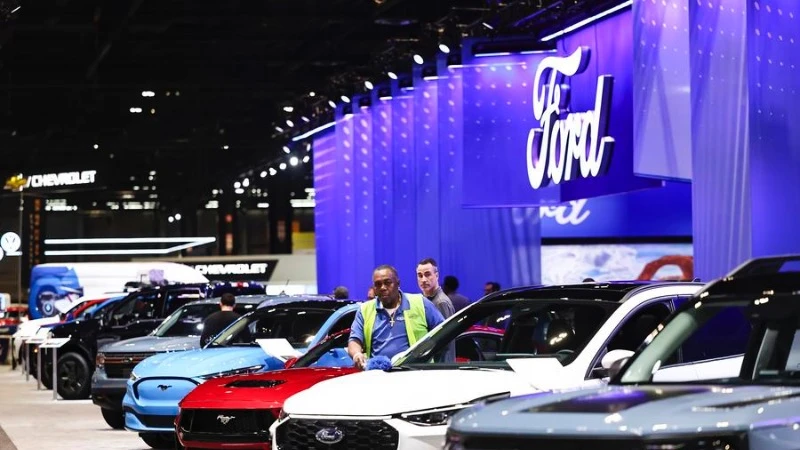
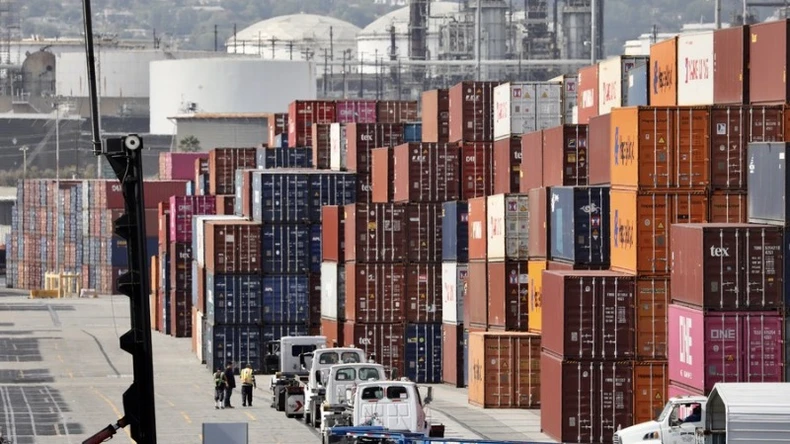
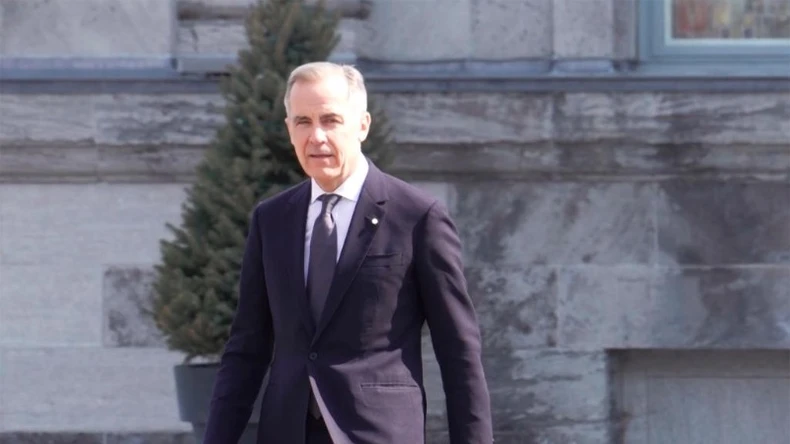
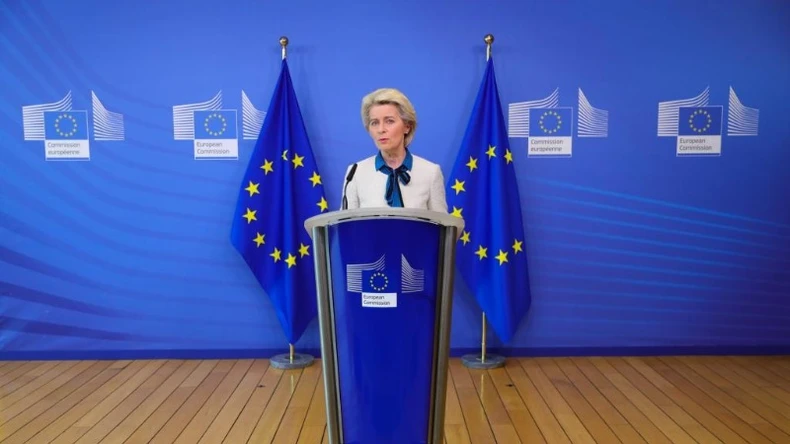


![[Photo] Ministry of Defense sees off relief forces to the airport to Myanmar for mission](https://vstatic.vietnam.vn/vietnam/resource/IMAGE/2025/3/30/245629fab9d644fd909ecd67f1749123)





















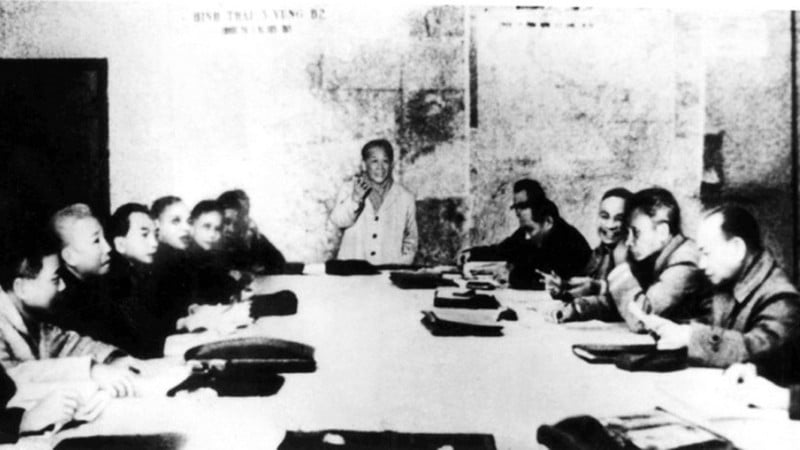



![[Video] Hanoi: Announcing enrollment targets and routes for preschool, grade 1, and grade 6 in 2025](https://vstatic.vietnam.vn/vietnam/resource/IMAGE/2025/3/31/c75080c1a9934e08ab3163bd28f20860)
![[Photo] Prime Minister Pham Minh Chinh chairs meeting to remove difficulties for projects](https://vstatic.vietnam.vn/vietnam/resource/IMAGE/2025/3/30/7d354a396d4e4699adc2ccc0d44fbd4f)















































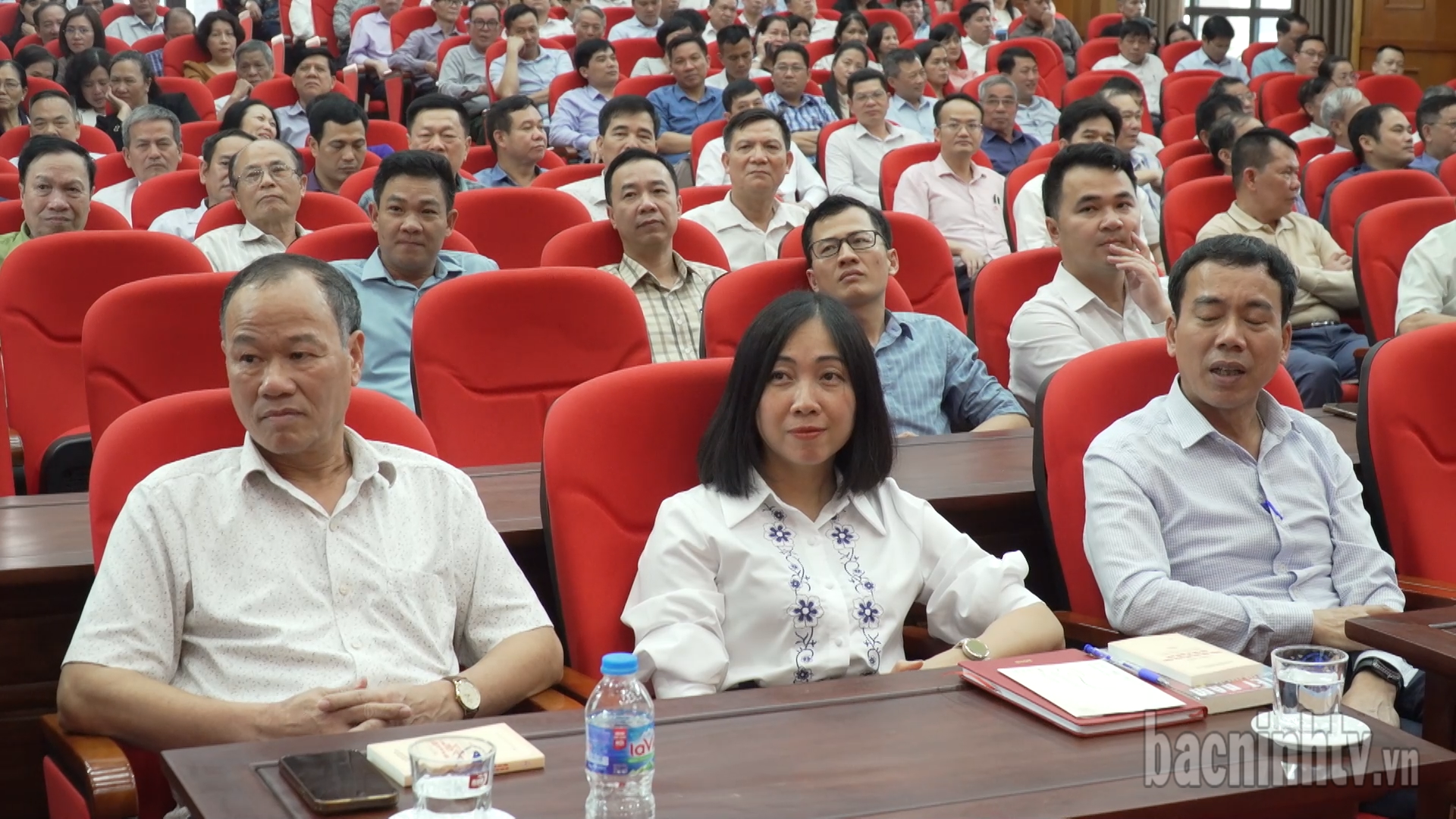

















![[REVIEW OCOP] An Lanh Huong Vet Yen Cat](https://vstatic.vietnam.vn/vietnam/resource/IMAGE/2025/3/27/c25032328e9a47be9991d5be7c0cad8c)



Comment (0)